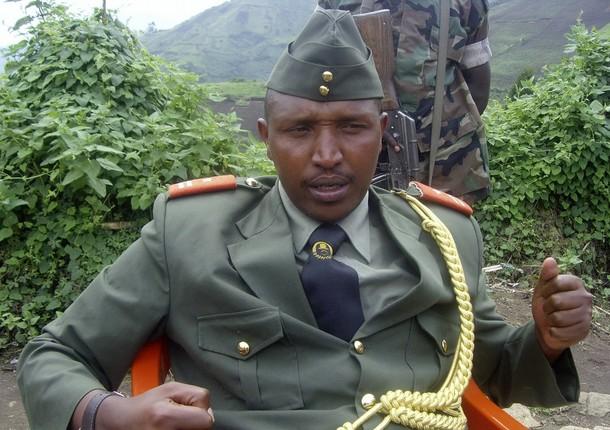Killing Civilians
This blog hosts occasional debates on significant books, relevant to Darfur and the wider questions that it raises. Killing Civilians: Method, Madness and Morality in War, by Hugo Slim, is one such book: it raises a series of profound questions about how and why civilians are killed in war””and how and why they are not killed, or are protected. We have asked a number of individuals to contribute their thoughts on this book, and Slim to respond.
 Hugo Slim’s book has a broad historical and contemporary analysis. We know that the killing, rape, robbery and torture of civilians is nothing new in history, and that it takes many different forms across different conflicts. Organizing this vast and dismal array of material into a coherent and succinct account is no small feat. What Slim succeeds in doing is not only cataloguing these horrors, but also providing a schema for beginning to typologize and understand. That’s a hugely useful task.
Hugo Slim’s book has a broad historical and contemporary analysis. We know that the killing, rape, robbery and torture of civilians is nothing new in history, and that it takes many different forms across different conflicts. Organizing this vast and dismal array of material into a coherent and succinct account is no small feat. What Slim succeeds in doing is not only cataloguing these horrors, but also providing a schema for beginning to typologize and understand. That’s a hugely useful task.
Slim’s chapter 4, “˜Anti-Civilian Ideologies’, is especially useful. He lays out a spectrum of “˜anti-civilian thinking.’ At one end is the extreme of genocidal logic in which the aim of violence is precisely to eradicate a civilian group. That eradication can even be celebrated. This is an absolutist rejection of the civilian ethic. It’s rare, but is strikingly present in some of the most extreme manifestations of genocidal ideology.
In the middle, are various forms whereby anti-civilian violence are rationalized. The killing may be justified out of political necessity. It may be that killing civilians “works” in pursuit of war ends, and is perhaps the most readily accessible means of fighting a war, particularly if the belligerents have limited capacity to target and defeat the enemy soldiers themselves. Killing civilians has political utility””the thinking is instrumental. Another line of reasoning is that the “civilian” status of the target group is ambiguous””they may be difficult to distinguish from combatants or may be aiding the enemy war effort to the extent that attacking them can be rationalized. In such cases, the perpetrators of the violence typically argue that they are reluctantly deviating from a norm.
At the other end of the spectrum are ideologies or explanations that regard civilian suffering and death as the regrettable but inevitable outcome of war””that’s simply how war is and it would be futile to try and pretend otherwise. In such cases, the perpetrators of violence do have (some) real belief in the civilian ethic, but find some reason to justify their actions when they do in fact engage in such killing.
Slim’s focus on ideology and the rationalization of killings is especially useful. Organizing mass violence is an intellectual task as much as a management challenge. The association between killing civilians and the promotion and internalization of dehumanizing stereotypes has often been noticed. There’s an implicit social theory in some such descriptions, implying that adopting and applying derogatory and dehumanizing views of the “other” is a causal prelude to mass killing. The correlation is clear to see””the causal links are less so. It may be that negative stereotyping arises (in part, or in some people) as a consequence of being required to kill. As Slim explains, the “eighty percent” rule is a sound guide to the extent to which ordinary people will act on orders to participate in violence against civilians””eighty percent of people will follow, ten percent will passively resist and only ten percent will actively resist. Most of those who follow the orders to kill will suffer some form of cognitive dissonance””a disturbing gap between their sense of themselves as fair and moral beings and their awareness of what they are doing””and will be ready to justify their actions by adopting negative stereotypes of the victims, allowing themselves to belief that they deserve their fate.
Another important line of rationalization is sacrificial thinking””the belief that it is necessary for people to suffer and for blood to be shed to achieve some higher goal. In wars of liberation””and wars presented as such””people will be prepared to put up with, and even endorse, extreme suffering if they believe that it is for greater good. Such lines of argument are deeply embedded in many societies. The idea that suffering is intrinsically meaningless, no more than an abomination, is often anathema.
Where does the Darfur war fall within this spectrum? Many of Slim’s insights are highly relevant. I would suggest that while there may be individuals who subscribe to the strands of thinking at each extreme of the spectrum, the majority are firmly within the middle categories. Killing civilians “works” in Sudan””in different ways for different belligerents.





